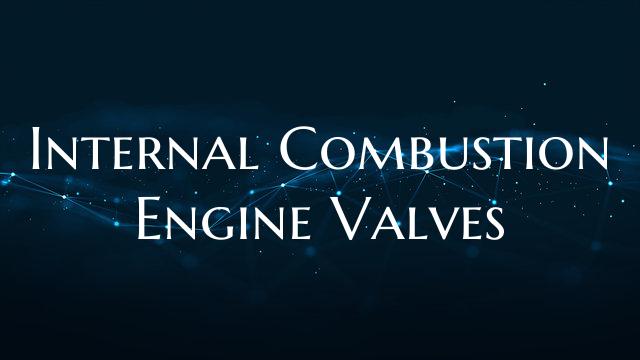Internal Combustion Engine Valves
Internal Combustion Engine Valves: A Fundamental Component in Power Generation
Internal combustion engine valves play a crucial role in the functioning of reciprocating engines, such as those found in automotive vehicles, motorcycles, and various industrial machinery. These valves are essential components that contribute significantly to the efficiency and performance of internal combustion engines.
In an internal combustion engine, valves are responsible for controlling the flow of air and fuel into the combustion chamber and exhaust gases out of the chamber. There are typically two types of valves used in these engines: intake valves and exhaust valves. The intake valve allows the air-fuel mixture to enter the combustion chamber, while the exhaust valve enables the expulsion of combustion gases after the fuel has been burnt.
The operation of these valves is synchronized with the engine's piston movements. As the piston moves up and down within the cylinder, the valves open and close at specific times to ensure the proper intake of air and fuel, compression of the mixture, combustion, and exhaust of gases. This precise timing and coordination are essential for the engine to function efficiently and generate power effectively.
Valves in internal combustion engines are subjected to high temperatures, pressure differentials, and mechanical stresses during operation. Therefore, they are typically made from durable materials such as stainless steel or alloys that can withstand these harsh conditions. Proper maintenance, including regular inspection and adjustment of valve clearances, is necessary to ensure optimal engine performance and prevent potential issues such as valve wear, leakage, or failure.
In conclusion, internal combustion engine valves are fundamental components that play a critical role in the operation and power generation of various types of engines. Understanding the function and importance of these valves is essential for maintaining the efficiency, reliability, and longevity of internal combustion engines in different applications.

